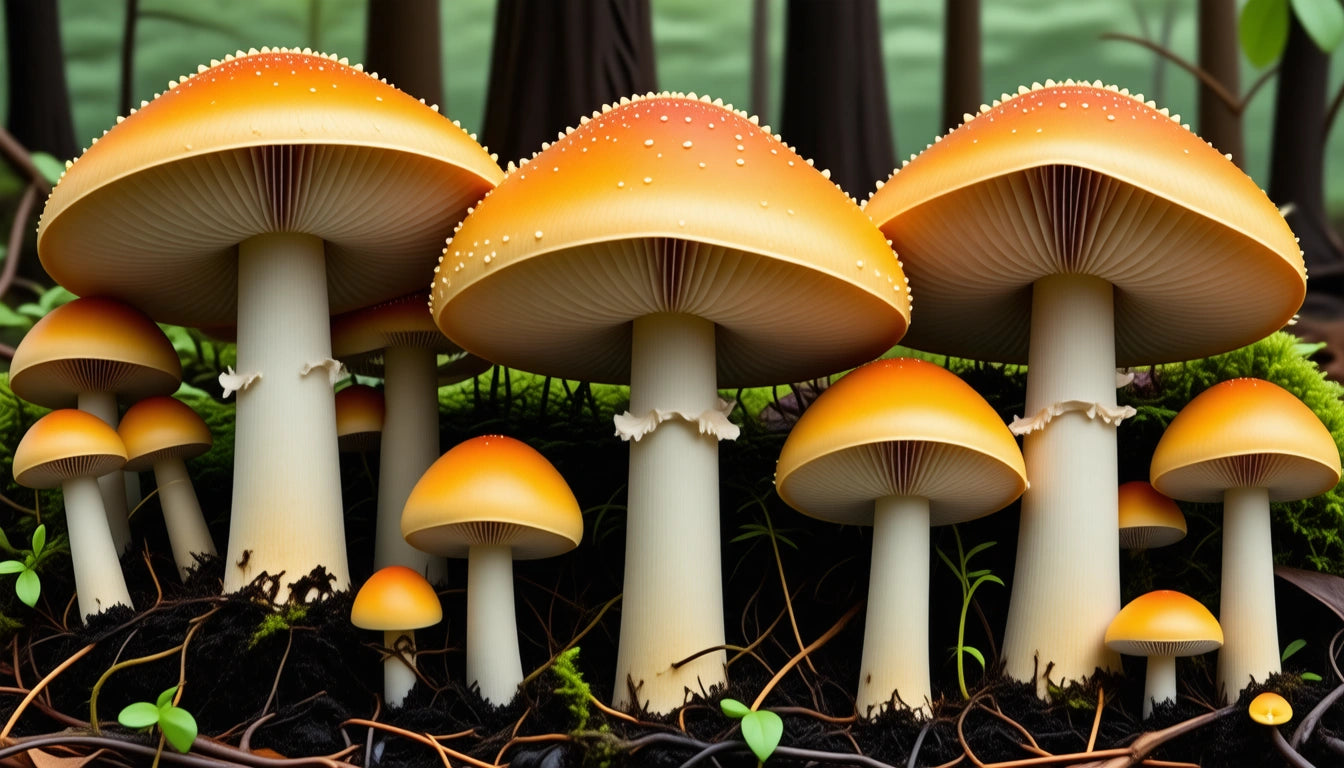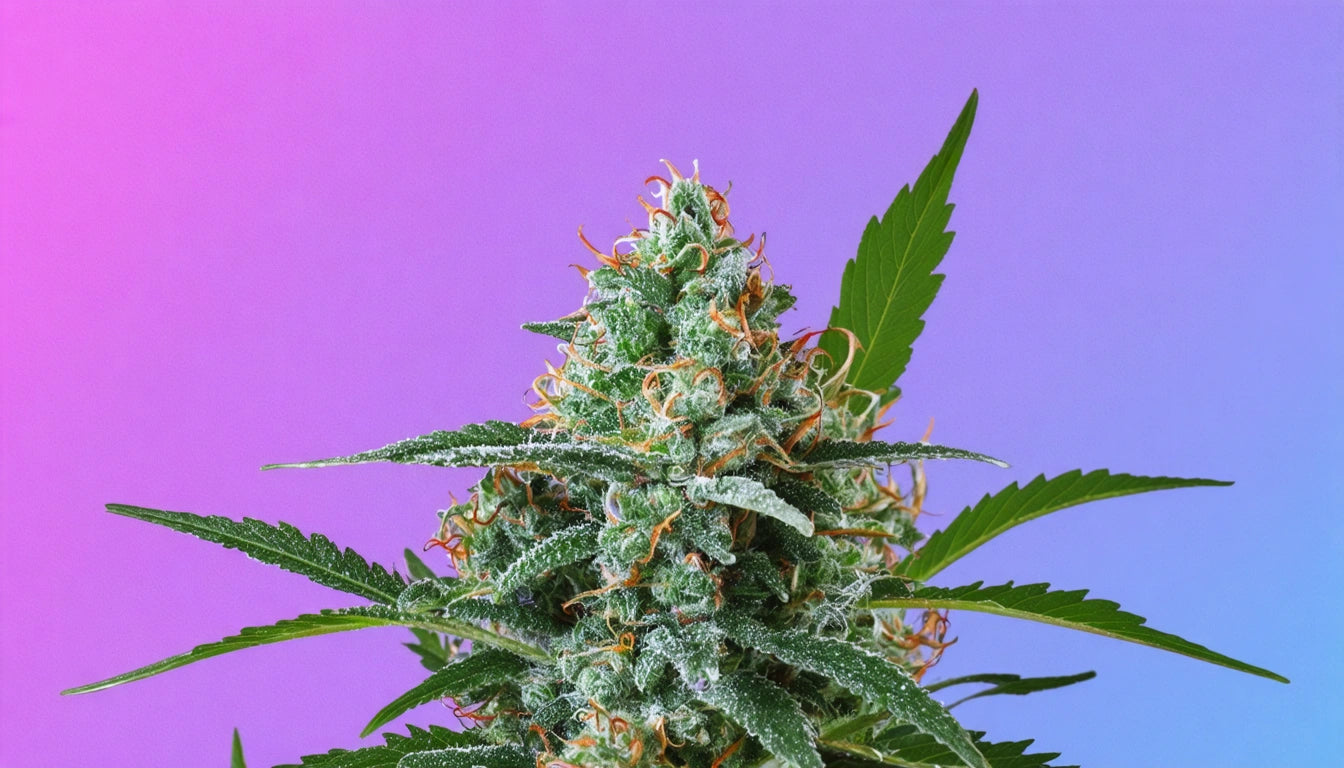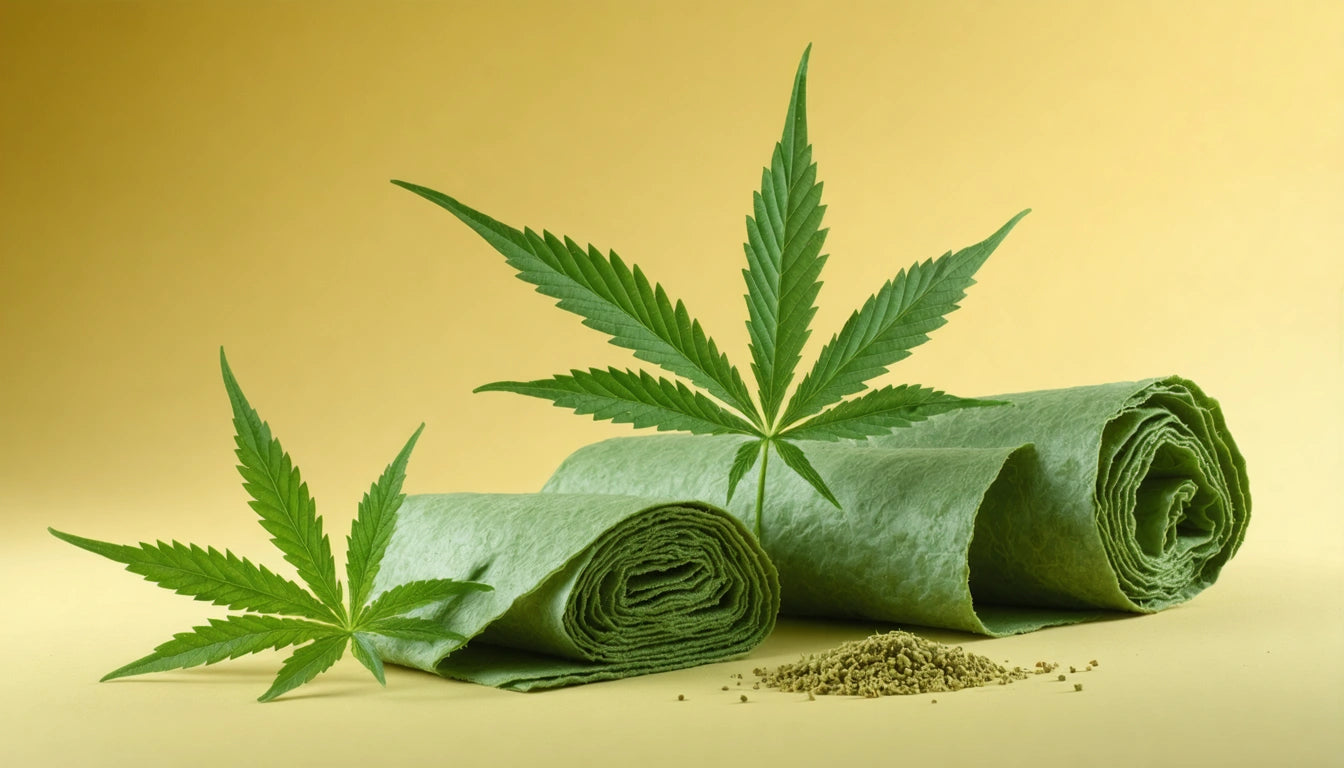Table of Contents
The Legal Status of Psilocybin Mushrooms and Spores in the U.S.
Psilocybin mushrooms, commonly known as magic mushrooms, exist in a complex legal framework across the United States. Their legal status varies significantly from federal prohibition to state-level therapeutic programs and local decriminalization initiatives. Understanding where psilocybin mushrooms are legal requires navigating multiple jurisdictions and recent legislative changes.
Federal Legal Status of Psilocybin Mushrooms
At the federal level, psilocybin mushrooms remain classified as Schedule I controlled substances under the Controlled Substances Act. This classification indicates that the federal government considers these substances to have a high potential for abuse, no currently accepted medical use, and a lack of accepted safety protocols for use under medical supervision.
Both psilocybin and psilocin, the active compounds in these mushrooms, are specifically listed as Schedule I substances. This means that possessing, cultivating, or distributing psilocybin mushrooms is illegal under federal law, regardless of state or local regulations. Federal prosecution remains possible even in states where some form of legalization or decriminalization has occurred.
As discussed in this comprehensive overview of psilocybin legality, the federal stance has created tension with emerging state laws.
State-Level Legalization and Decriminalization
While federally prohibited, several states have enacted measures that challenge this blanket ban. These range from full therapeutic frameworks to decriminalization efforts that reduce or eliminate penalties for personal possession.
Oregon's Pioneering Psilocybin Services
Oregon made history in 2020 by becoming the first state to legalize psilocybin for therapeutic use through Measure 109. This law established a regulatory framework for psilocybin services administered by licensed facilitators in controlled settings. The program began accepting applications for service centers in 2023.
It's important to note that Oregon's approach doesn't legalize retail sales or home cultivation. Instead, it creates a regulated system where adults 21 and older can access psilocybin services at licensed facilities under professional supervision. This represents a middle ground between prohibition and full legalization.
Colorado's Natural Medicine Health Act
In November 2022, Colorado voters approved Proposition 122, the Natural Medicine Health Act. This measure creates a state-regulated access program for psychedelic treatments, including psilocybin mushrooms. Colorado's approach to psilocybin also decriminalizes personal possession, cultivation, and sharing of certain psychedelic plants and fungi for adults 21 and older.
Colorado's program is still being implemented, with regulated access centers expected to open in 2024. Until then, while personal use has been decriminalized, there are no legal retail options for purchasing psilocybin mushrooms in the state.
California's Current Legal Status
Are psilocybin mushrooms legal in California? Currently, no. California maintains criminal penalties for possession and distribution of psilocybin mushrooms. However, legislative efforts are underway that could change this status. Several bills have been introduced that would either decriminalize or create regulated access to certain psychedelics, including psilocybin.
Some California cities, including Oakland and Santa Cruz, have adopted decriminalization measures at the local level, making enforcement of laws against personal possession a low priority for law enforcement.
Psilocybin Spores: A Legal Gray Area
One of the most frequently asked questions is whether psilocybin spores are legal. The answer is more nuanced than a simple yes or no. Psilocybin mushroom spores do not contain the controlled substances psilocybin or psilocin. As a result, in most states, the spores themselves are not explicitly illegal under federal law.
However, three states have specifically banned psilocybin spores: California, Idaho, and Georgia. In these states, possession of spores is illegal regardless of intent. In other states, spores may be legally possessed, but only for research, identification, or educational purposes. Once spores are cultivated with the intent to produce mushrooms containing psilocybin, the activity becomes illegal under federal law.
Many companies sell spores for microscopy research purposes, with explicit disclaimers against cultivation. While exploring various custom packaging solutions for various products, it's important to note that packaging for spores must clearly indicate their intended legal use to avoid legal complications.
City-Level Decriminalization Efforts
Beyond state-level initiatives, numerous cities have passed measures to decriminalize psilocybin mushrooms and other plant-based psychedelics. These include:
- Denver, Colorado (2019) - The first U.S. city to decriminalize psilocybin mushrooms
- Oakland and Santa Cruz, California (2019) - Decriminalized all entheogenic plants
- Ann Arbor, Michigan (2020) - Deprioritized enforcement of laws against plant-based psychedelics
- Washington, D.C. (2020) - Passed Initiative 81, making plant-based psychedelics among the lowest law enforcement priorities
- Seattle, Washington (2021) - City council unanimously voted to decriminalize non-commercial activity
These local measures typically direct law enforcement to make arrests for personal possession, cultivation, or use their lowest priority. However, they do not create legal markets or protect against federal prosecution.
For a complete overview of city and state regulations, this state-by-state guide provides detailed information.
The Evolving Legal Landscape of Psychedelic Substances
The legal status of psilocybin mushrooms continues to evolve rapidly. Several factors are driving this change, including promising research into psilocybin's potential therapeutic benefits for conditions like treatment-resistant depression, PTSD, and end-of-life anxiety.
More states are considering measures similar to those passed in Oregon and Colorado. Meanwhile, federal research restrictions have eased somewhat, allowing for expanded clinical trials. The FDA has granted breakthrough therapy designation to psilocybin for treatment-resistant depression, potentially accelerating the path toward medical approval.
As with cannabis before it, the legal status of psilocybin mushrooms appears to be following a pattern of incremental change, beginning with decriminalization, moving to medical/therapeutic use, and potentially broader legalization in some jurisdictions. However, this process will likely take years to unfold, with significant variation across states.
For those interested in the broader context of psychedelic substances, this comprehensive guide provides additional perspective on where these substances stand legally throughout the country.











Leave a comment
All comments are moderated before being published.
This site is protected by hCaptcha and the hCaptcha Privacy Policy and Terms of Service apply.